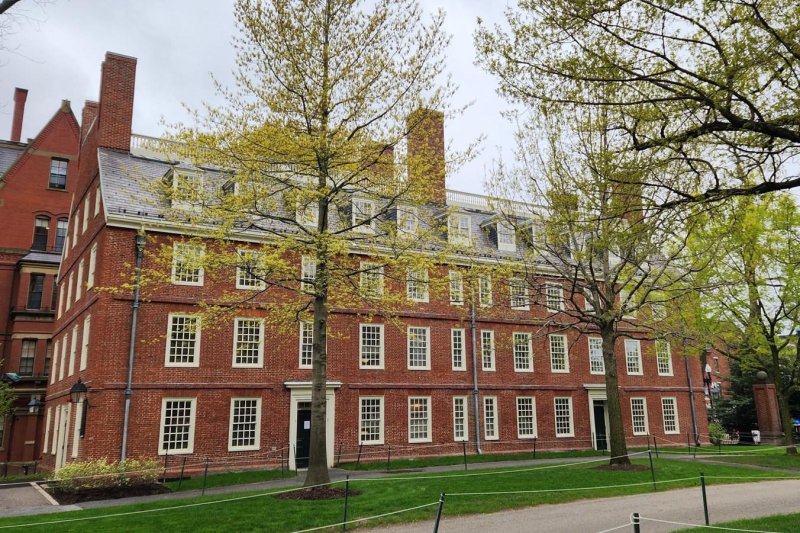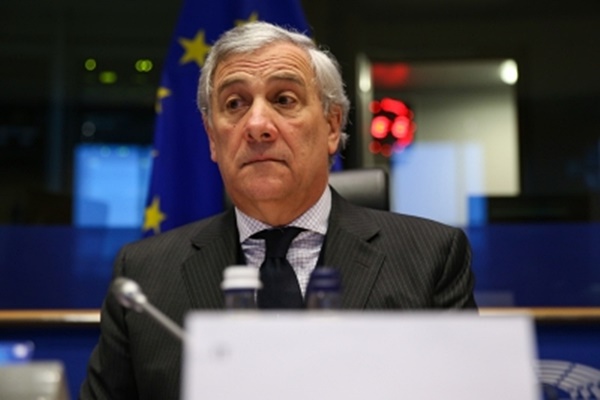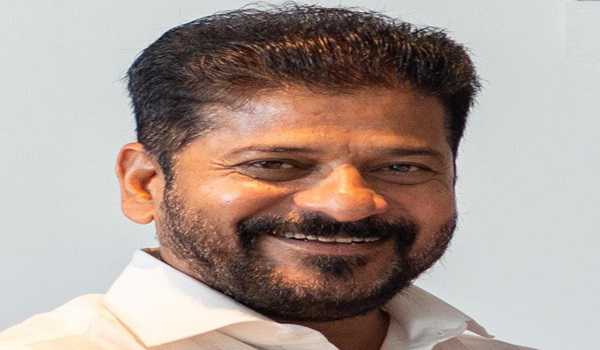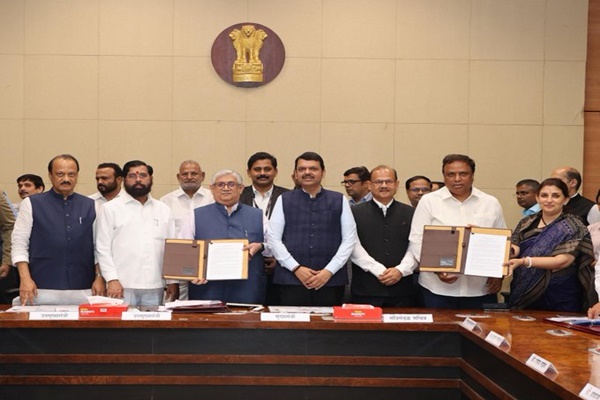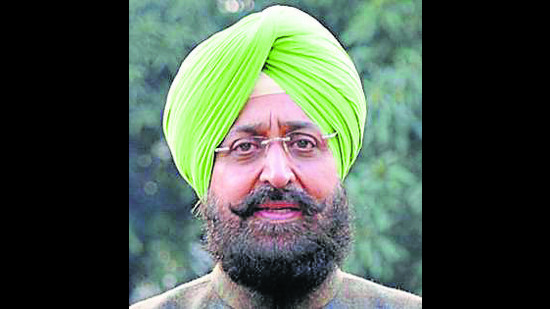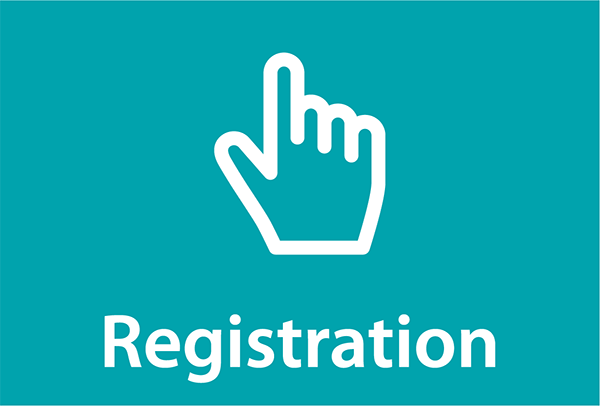Trump wins in New Hampshire, Sanders defeats Clinton
Wed 10 Feb 2016, 11:30:49
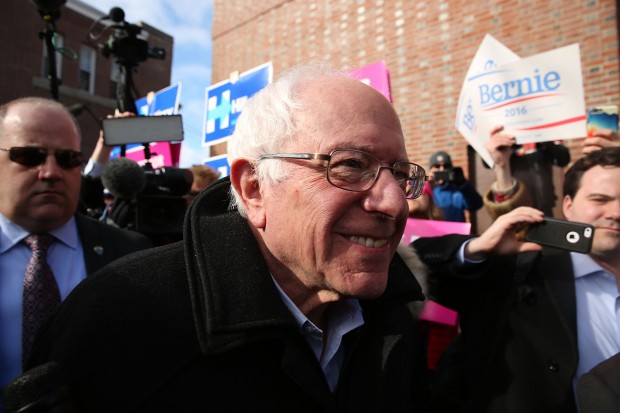
Bernie Sanders has defeated Hillary Clinton in the New Hampshire primary, and Donald Trump also scored his first victory in a triumph of two candidates who have seized on Americans' anger at the Washington political establishment.
Both outcomes would have been nearly unthinkable not long ago. Sanders, a self-described democratic socialist, beat a former secretary of state and first lady once seen as the all-but-certain Democratic nominee.
While Clinton remains the favorite in the national race for the Democratic nomination, the win by the Vermont senator could be a springboard into a competitive primary campaign.
For Trump, the brash real estate magnate and television personality who has never run for public office, the win was an important rebound after his loss to Texas Sen.
Ted Cruz in last week's Iowa caucuses, the first nominating contest. Trump has led national polls for months and the New Hampshire victory reinforces his position as front-runner, proving he can win votes and adding credibility to his upstart populist candidacy.
For some Republican leaders, back-to-back victories by Trump and Cruz, an uncompromising conservative, add urgency to the need to coalesce around a more
mainstream candidate to challenge them through the primaries.
mainstream candidate to challenge them through the primaries.
However, it was unlikely that New Hampshire's contest would clarify that slice of the field, with Ohio Governor John Kasich, Florida Sen Marco Rubio and former Florida Governor Jeb Bush all locked in a tight race, along with Cruz, behind Trump.
Rubio appeared to be breaking away after a stronger-than-expected showing in Iowa, but he stumbled in Saturday's debate under intense pressure from Christie. The New Jersey governor has relentlessly cast the young senator as too inexperienced and too reliant on memorized talking points to become president.
But a strong showing in New Hampshire can result in a wave of media coverage, donations and give a candidate momentum ahead of state contests in coming weeks, including the March 1 "Super Tuesday, when 11 states vote.
Nearly half of voters in the Republican primary made up their mind in the past week, according to early exit polls conducted by Edison Research for the Associated Press and the television networks.
Republican voters were more negative about their politicians than Democrats, with about half of Republican voters saying they felt betrayed by party officials.
No Comments For This Post, Be first to write a Comment.
Most viewed from International
Most viewed from World
AIMIM News
Latest Urdu News
Most Viewed
May 26, 2020
Do you think Canada-India relations will improve under New PM Mark Carney?
Latest Videos View All
Like Us
Home
About Us
Advertise With Us
All Polls
Epaper Archives
Privacy Policy
Contact Us
Download Etemaad App
© 2025 Etemaad Daily News, All Rights Reserved.

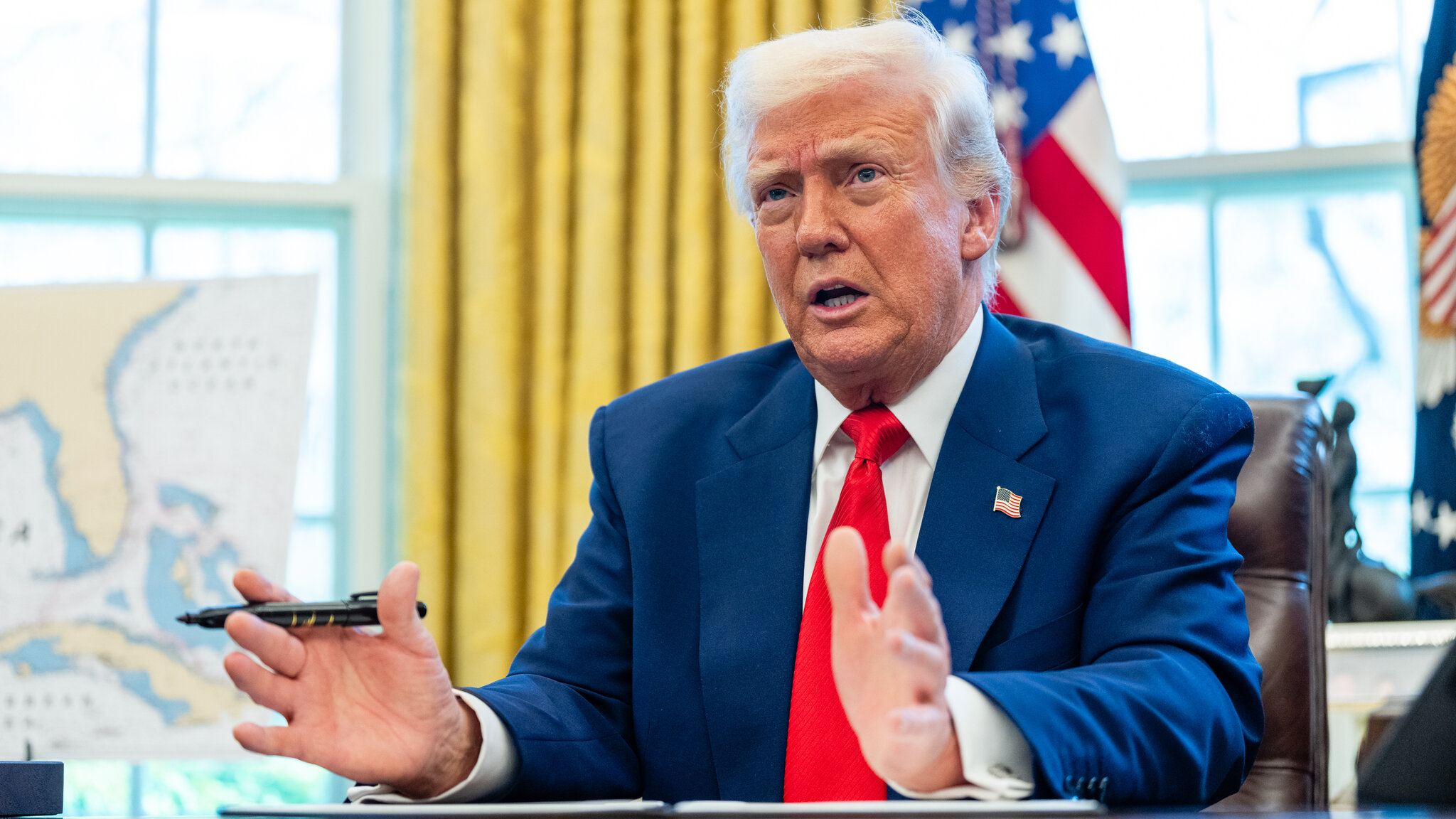





.jpg)
